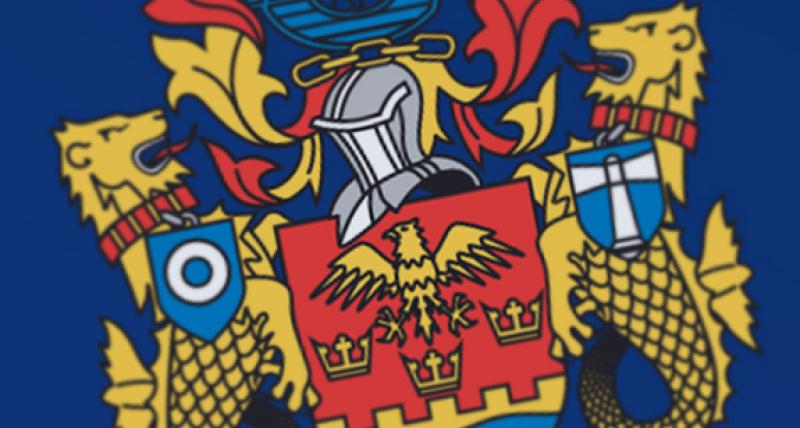
A campaign to raise awareness in the North East about protecting vulnerable people from abuse and harm is returning for its fifth year.
SAFE week, which will take place between September 17 and September 23 this year, aims to raise awareness of safeguarding people.
The scope of the campaign is reflected in the name – Safeguarding Awareness For Everyone (SAFE) week, which encourages people to recognise abuse, respond and refer.
To mark SAFE week, activities will be delivered in two local authority areas: North Tyneside and Northumberland.
Key landmarks around the region will be lit up purple in honour of SAFE week, including St Mary’s Lighthouse, in North Tyneside. The safeguarding boards from both local authorities will also be involved.
North Tyneside leisure centre Waves will be offering free swims to everyone between 4pm-6pm on Saturday 22 September. Anyone wanting to take part will need a wristband, which can be picked up from the centre.
There will also be white flags raised outside buildings across the local authority areas to highlight issues around domestic abuse.
Cllr Gary Bell, North Tyneside Council’s cabinet member for Adult Social Care, said: “Events like SAFE week are a great opportunity for us to highlight the issue of domestic abuse and show people that help is there for them.
“Everyone deserves to live their life free from harm and abuse but sadly that isn’t always the case and I hope that we can give these people the courage to speak up.
“We have such a wide array of support here in North Tyneside for anyone to take advantage of, so if you do need any kind of assistance, there is something available to you.”
As the lead organisation in safeguarding adults and young people at risk of harm, North Tyneside Council organises SAFE week in conjunction with multi-agency partners from health, police, Northumberland County Council, as well as a range of voluntary and private providers.
Abuse can take many forms, including physical, sexual, emotional, psychological, institutional, discriminatory and neglect.
Signs of abuse may include:
- Multiple bruising or finger marks
- Injuries which cannot be properly explained
- Deterioration of health for no apparent reason
- Loss of weight
- Inappropriate or inadequate clothing
- Withdrawal of changes in usual behaviour
- An unwillingness to be alone with a particular carer
- Unexplained shortage of money
ENDS
